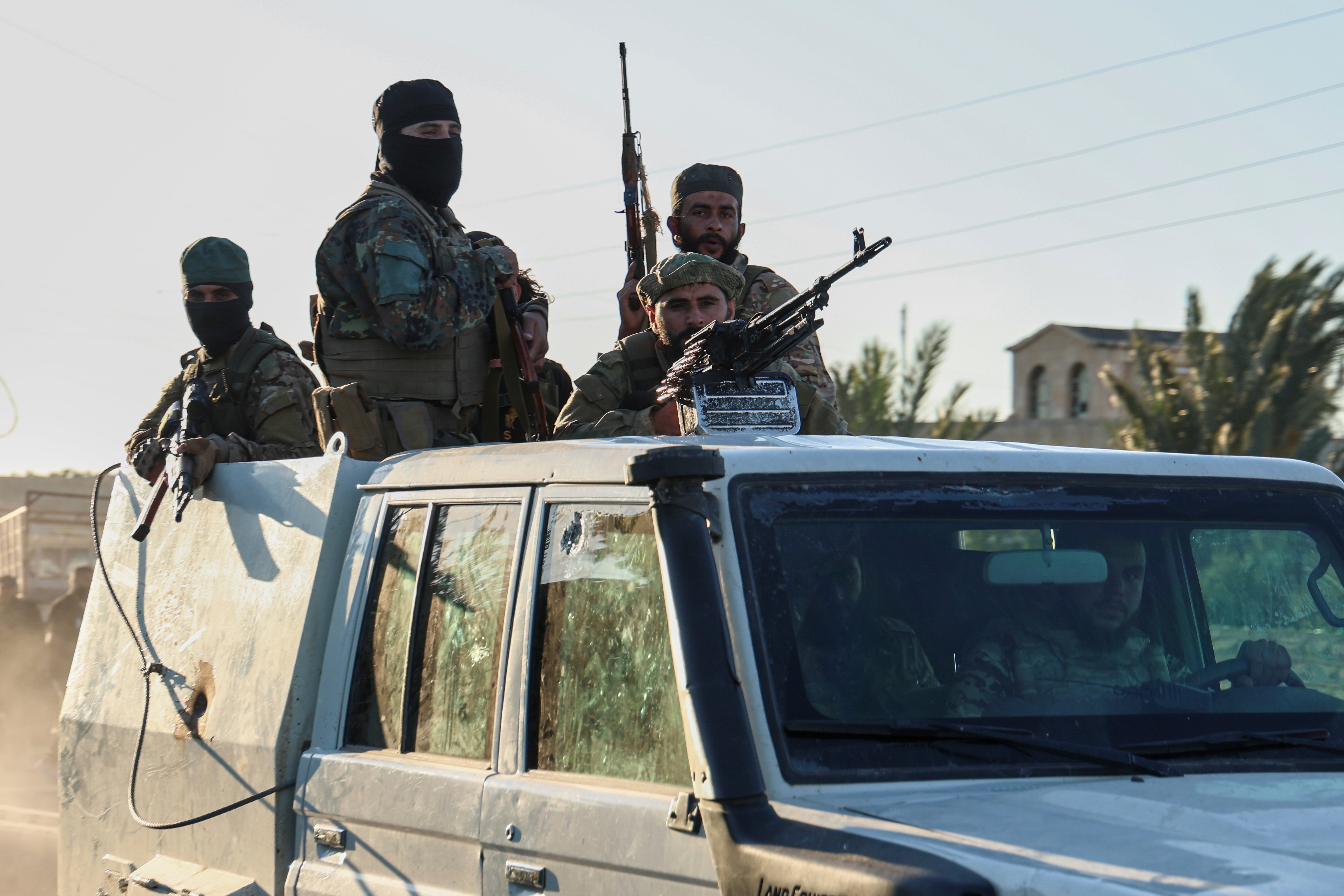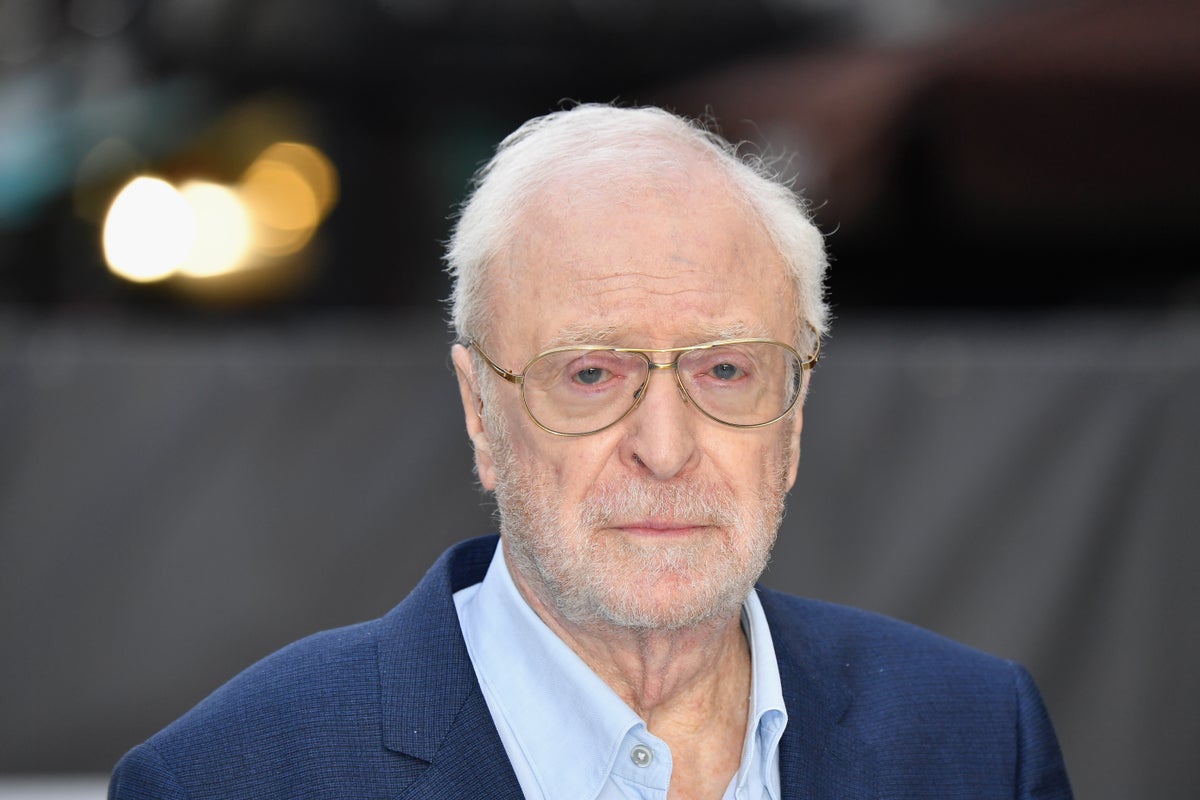Dozens of people were killed when clashes broke out between armed groups from the Druze religious minority and Sunni Bedouin clans in southern Syria, raising fresh concerns of a breakdown in the country’s fragile post-war order.
Fighting erupted in the Druze-majority Sweida city on Sunday, after an armed robbery of a Druze man led to retaliatory attacks and kidnappings between Druze and Bedouin clans, according to the Syrian Observatory for Human Rights.
The interior ministry said at least 30 people were killed and 100 people were injured while the UK-based monitoring group said 99 people were killed.
Thousands of people were also displaced in what was the first time sectarian fighting has erupted inside the city of Sweida itself.

By Monday, government forces entered the city to impose a curfew and quell the fighting, which also marked the first time Syrian troops had entered Sweida since the fall of Bashar al-Assad.
Shortly after, Israel launched air attacks on Sweida as part of Tel Aviv’s pledge to protect the Druze minority.
Israel had previously warned Damascus against sending troops closer to its border in southern Syria, which it wants to be a demilitarised zone.
The Druze spiritual leadership initially opposed Syrian troop deployment in Sweida then later called on Druze fighters to disarm and let government forces enter.
But a Druze political leader again reversed the position, saying he had been forced to welcome government troops under duress. The government later replaced its soldiers with a police force.
Later on Tuesday, Syria’s defence minister announced a ceasefire.
Tensions between forces loyal to the government and Druze fighters have continued since Sunni rebels led a lightning assault to topple Mr Assad in early December.
The violence highlights President Ahmed al-Sharaa’s struggle to maintain control, as many minorities continue to distrust his Islamist-led government.
Distrust was heightened after Syrian troops and allied militia were accused of massacring hundreds of Alawites in March.
While the transitional government promised to include religious minorities, only one Druze minister was appointed in the new cabinet – minister of agriculture Amjad Badr.
Religious freedom was officially protected under Mr Assad and now the Druze are split between favouring dialogue with the new government and confrontation.
More than half of the million-strong Druze religious minority, originating from a 10th-century offshoot of Shia Islam, live in Syria in Sweida and the southern suburbs of Damascus. Most others live in Lebanon and Israel, and the annexed Golan Heights.




